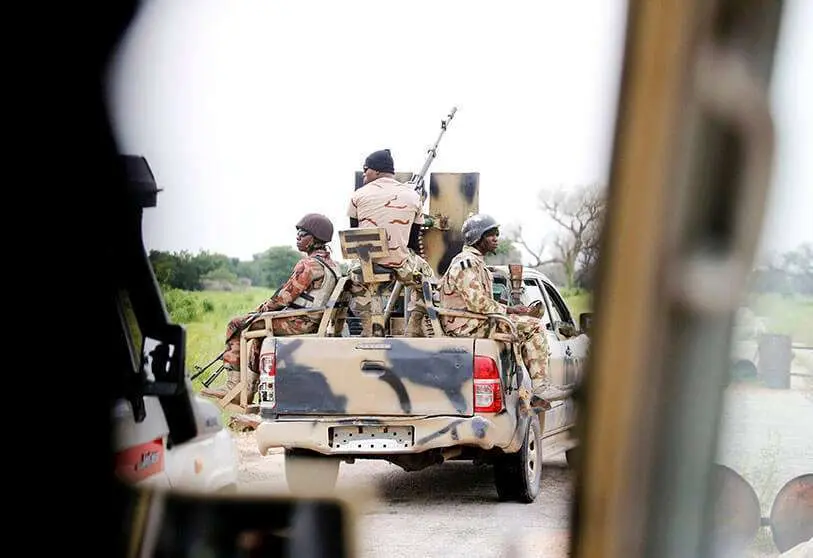Six soldiers and five civilians killed in clash with Boko Haram in Chad

Five civilians, who were kidnapped by Boko Haram, and six soldiers died early this morning in Lake Chad during a rescue operation, witnesses and security sources told Efe.
The five civilians, two doctors, a driver and two traders, had been held by the Nigerian jihadist group since February this year near the town of Ngouboua, an island in Lake Chad about 60 kilometres from the Nigerian border.
"When they (the soldiers) arrived at the scene, they were surprised by elements from Boko Haram who opened fire on them," Moussa Khalil, head of the village of Ngouboua, told Efe by phone and arrived at the scene a few minutes later.
"The army retaliated by pushing back the assailants, then some soldiers managed to reach the place where the hostages were being held in restraints. Suddenly, a jihadi activated his explosive belt, causing two large simultaneous explosions," Khalil added.
Seven jihadists were killed and four soldiers were injured in the incident and evacuated to the hospital in Bol, capital of the Lake Chad region.
The General Staff confirmed the information to Efe and regretted the death of the soldiers and hostages during this rescue operation.
"We are aware of the danger that the military may face in an operation of this kind, but this is the price to pay. It was a meticulously prepared operation that unfortunately ended in failure with a catastrophic result," the spokesman for the Chadian National Army, Colonel Azem Bermandoa, told Efe.
For more than two years, the Boko Haram terrorists have increased the number of kidnappings of people in Lake Chad province, for ransom.
Lake Chad, an area of more than 25,000 square kilometres of swamp, water and dozens of islands, situated on the border between Chad, Niger, Nigeria and Cameroon, provides a haven for Boko Haram and its breakaway, the Islamic State in the West African Province (ISWAP).
Boko Haram was created in 2002 in the town of Maiduguri (northeast Nigeria) by the spiritual leader Mohammed Yusuf to denounce the neglect to which the authorities had subjected a marginalized and impoverished north of the country.
At the time he was only attacking the Nigerian police, representing the state, but since Yusuf was shot by agents in 2009 the group has become more radical.
Since then, northeastern Nigeria - and in recent years the areas of Cameroon, Chad and Niger that border the Lake Chad Basin in turn - have been living under jihadist threat.
During his bloody campaign Boko Haram has killed some 27,000 people and displaced more than three million from their homes, according to UN figures.








